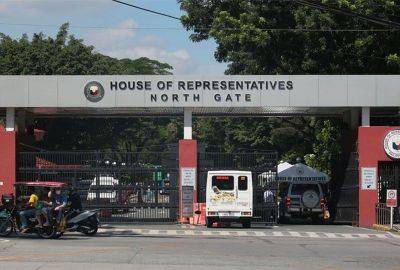Congress dancing two-step Cha-cha
Representatives are dancing Cha-cha (Charter change) in two steps. Senators refuse to swing along. Given the high stakes, a ballroom brawl is likely. Here’s why:
Congress is bicameral. It has a Senate and House of Representatives, the 1987 Constitution states in Article VI, Legislative Department, Section 1.
Senators are elected at large and representatives by legislative district, Sections 2 and 5 detail. They differ by numbers: senators are fixed at 24, reps may increase with the opening of new districts and partylist slots. Also in age: at least 35 for senators, 25 for reps. And tenures: six years for senators, plus one re-election; three years for reps, plus two re-elections.
Powers diverge, other provisions declare. Senators ratify treaties. Reps propose national budgets, taxes and franchises. In impeachments, reps prosecute while senators judge. They separately debate and pass bills.
But there‘s a kink. Faulty worded is Article XVII, Amendments or Revisions, Section 1:
“Any amendment to, or revision of, this Constitution may be proposed by: (1) The Congress, upon a vote of three-fourths of all its Members; or (2) A constitutional convention.”
The miswording contradicts bicameralism. If “by a three-fourths vote of all its members,” reps now numbering 316 will surely drown out the votes of 24 senators.
A rush to adjourn the 1986 Constitutional Commission caused the lapse. Con-com voting on the nature of Congress came on its penultimate session, in which bicameral won by one vote over unicameral. The Committee on Style missed putting “separate voting” before final approval. And so, the Filipino people ratified that section as is.
Since then, reps have tried many times to amend or revise the Constitution by their sheer numbers. Senators have refused to participate because of fewness.
* * *
There’s a third way of constitutional amending – people’s initiative. Article XVII, Section 2 states:
“Amendments to this Constitution may likewise be directly proposed by the people through initiative upon a petition of at least twelve per centum of the total number of registered voters, of which every legislative district must be represented by at least three per






